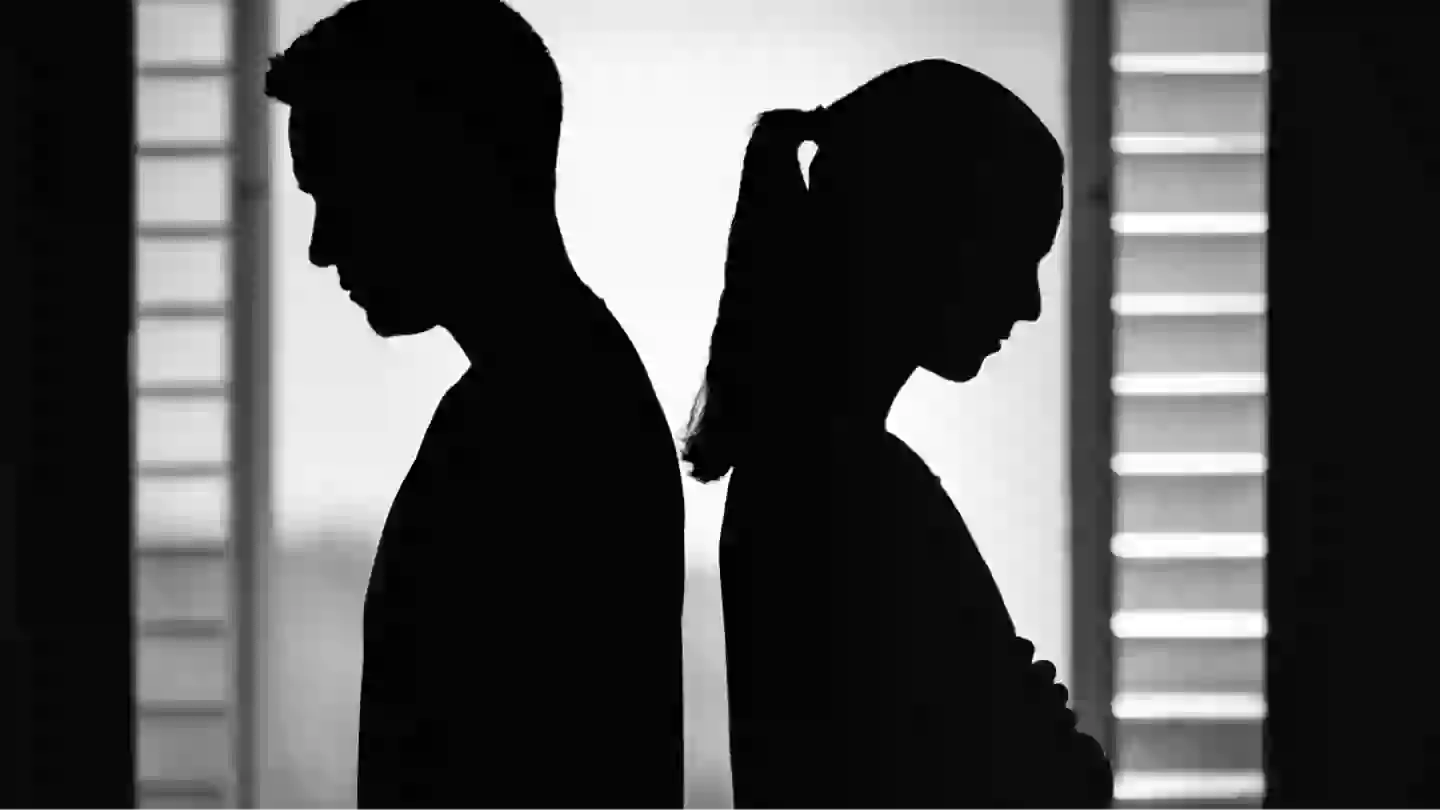An American psychologist has advised couples to be mindful of their language during disagreements with their partners.
Mark Travers, an expert in relationship psychology, cautions against the use of a particular phrase he describes as ‘toxic.’ He also notes that when this phrase surfaces, it often indicates a deeper dysfunction within the relationship.
In a column for CNBC Make It, Travers, a Cornell University alumnus, shared that most couples who consult him do so due to recurring conflicts. Upon further examination, he often finds a recurrent issue in troubled relationships.
He identifies this issue as one or both partners comparing their relationship or life to others.

Travers stated: “There’s one phrase I’ve seen come up in these exchanges that’s more damaging than you think: ‘Why can’t you be more like [insert other person’s name]?'”
Although it’s something that happens easily, I personally have never said this to my partner. However, my mother did compare me to other children during my school years, usually following a parent-teacher meeting about my behavior.
READ MORE:
SEX THERAPIST REVEALS THREE THINGS SHE WOULD NEVER DO IN A RELATIONSHIP
SCIENTISTS DISCOVER ‘POINT OF NO RETURN’ IN DYING RELATIONSHIPS
Travers labels it a ‘toxic phrase’ and warns that it typically indicates that ‘your relationship is in trouble’.
He elaborated: “At first glance, it might seem like a throwaway line or a sigh of frustration in the middle of an argument.

“What couples fail to recognize is that the person named is actually irrelevant, whether it’s an ex, a best friend’s girlfriend, or even ‘how you used to be’.”
He explained that using such comparisons implies to your partner that they are inadequate and that ‘anyone else could do a better job at being my partner’.
This habit of comparing can result in ‘irreparable insecurity issues’, according to Travers, causing your partner to question their worth ‘rather than feeling loved for who they are’.
To counter this, Travers advises individuals to ‘turn the spotlight inward’ to understand their true desires.
The psychologist emphasized: “Relationships require the willingness to love each other as real, flawed, irreplaceable humans – not as comparisons to someone else.”
“Similarly, they require the courage to speak openly, as well as the trust that your openness will be met with respect.”
If you or someone you know is struggling or in crisis, help is available through Mental Health America. Call or text 988 to reach a 24-hour crisis center or you can webchat at 988lifeline.org. You can also reach the Crisis Text Line by texting MHA to 741741.

